Categories
- Antiques & Collectibles 13
- Architecture 36
- Art 48
- Bibles 22
- Biography & Autobiography 813
- Body, Mind & Spirit 142
- Business & Economics 28
- Children's Books 17
- Children's Fiction 14
- Computers 4
- Cooking 94
- Crafts & Hobbies 4
- Drama 346
- Education 46
- Family & Relationships 57
- Fiction 11829
- Games 19
- Gardening 17
- Health & Fitness 34
- History 1377
- House & Home 1
- Humor 147
- Juvenile Fiction 1873
- Juvenile Nonfiction 202
- Language Arts & Disciplines 88
- Law 16
- Literary Collections 686
- Literary Criticism 179
- Mathematics 13
- Medical 41
- Music 40
- Nature 179
- Non-Classifiable 1768
- Performing Arts 7
- Periodicals 1453
- Philosophy 64
- Photography 2
- Poetry 896
- Political Science 203
- Psychology 42
- Reference 154
- Religion 513
- Science 126
- Self-Help 84
- Social Science 81
- Sports & Recreation 34
- Study Aids 3
- Technology & Engineering 59
- Transportation 23
- Travel 463
- True Crime 29
Sort by:
by:
Anonymous
FOREWORD The Community Cook Book is a collection of recipes chosen from many hundreds that may well be considered representative of the best to be found in any of the more intelligent and progressive of American Communities in which a part of the population make occasional visits to all parts of the country from which they bring back choice recipes to contribute to the neighborhood fund. Added to this,...
more...
by:
John Ruskin
INTRODUCTION. 1. The Science of Architecture, followed out to its full extent, is one of the noblest of those which have reference only to the creations of human minds. It is not merely a science of the rule and compass, it does not consist only in the observation of just rule, or of fair proportion: it is, or ought to be, a science of feeling more than of rule, a ministry to the mind, more than to the...
more...
CHAPTER I INTRODUCTION—THE PRESENT UNREST IN EDUCATION The problems as to the end or ends at which our educational agencies should aim in the training and instruction of the children of the nation, and of the right methods of attaining these ends once they have been definitely and clearly recognised, are at the present day receiving greater and greater attention not only from professed...
more...
by:
P. Hampson
Oh, why should I be doomed to the degradation of bearing such a foolish appellation! A Girtham Girl! I suppose we have to thank that fiend of invention who is responsible for most of the titular foibles and follies of mankind—artful Alliteration. The two G’s, people imagine, run so well together; and it is wonderful that they do not append some other delectable title, such as ‘The Gushing Girl of...
more...
by:
Ernest Weekley
PREFACE A long and somewhat varied experience in language teaching has convinced me that there are still, in spite of the march of science, many people who are capable of getting intellectual pleasure from word-history. I hope that to such people this little book, the amusement of occasional leisure, will not be unwelcome. It differs, I believe, from any other popular book on language in that it deals...
more...
CHAPTER ITHE PROBLEM DEFINED What is sex? Asexual and mixed reproduction; Origin of sexual reproduction; Advantage of sex in chance of survival; Germ and body cells; Limitations of biology in social problems; Sex always present in higher animals; Sex in mammals; The sex problem in the human species; Application of laboratory method. Sex, like all complicated phenomena, defies being crowded into a...
more...
INTRODUCTION. Just as the character of Jesus is stamped upon the religion which originated in His Person, so is the character of Mohammed impressed upon the system which he, with marvellous ingenuity, founded. The practical influence of Islam upon individual lives produces results that reflect unmistakably the character of its founder, and a careful study of the tenets of the system in relation to its...
more...
by:
Anonymous
The suggestions and recipes of this cook book have been gathering through the years from sources far and wide. Friends and neighbors have contributed, personal experience has offered its lessons, thrifty housekeepers in home departments of newspapers, reports of lectures, and recipes given to the newspaper world, from teachers in the science of cookery, have all added color or substance to what is...
more...
PREFACE. Cynics may ask, how many have profited by the innumerable proverbs and maxims of prudence which have been current in the world time out of mind? They will say that their only use is to repeat them after some unhappy wight has “gone wrong.” When, for instance, a man has played “ducks and drakes” with his money, the fact at once calls up the proverb which declares that “wilful waste...
more...


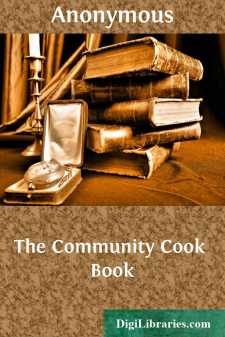
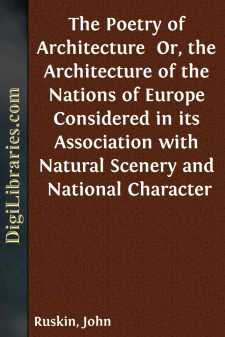
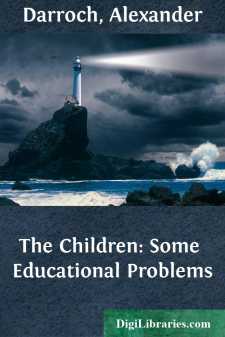
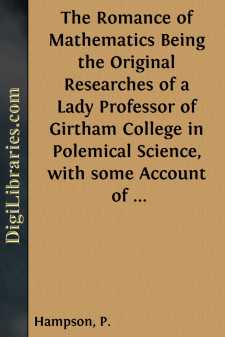
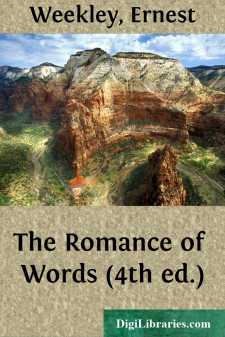
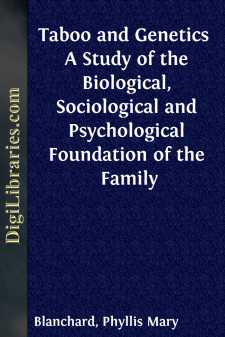
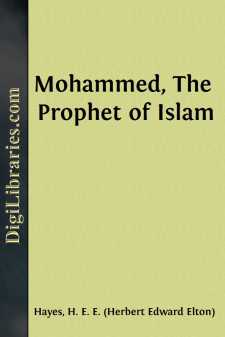
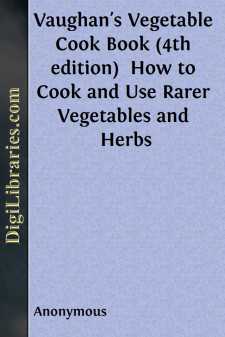
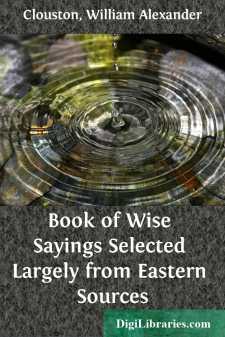
![The Golden Mean or Ratio[(1+sqrt(5))/2]](https://digilibraries-com.s3.eu-central-1.amazonaws.com/covers/762d190f-63a4-489a-b897-ff78516bd105.jpg)